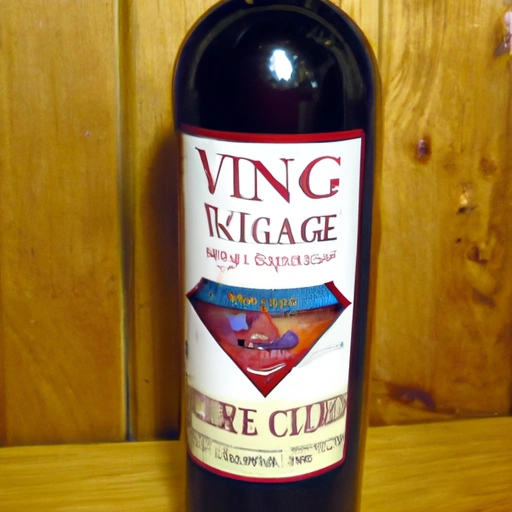Red Wine Vinegar
Description

Red Wine Vinegar is a tangy and flavorful condiment made by fermenting red wine. This process involves the conversion of alcohol into acetic acid, giving the vinegar its distinct sharp taste and aroma. The color can range from pale pink to deep maroon, depending on the type of wine used. Its acidity is typically measured between 5% to 7% acetic acid. In cooking, it is measured using teaspoons (tsp), tablespoons (tbsp), fluid ounces (fl oz), milliliters (ml), and liters (l), providing versatility for recipes across different culinary traditions.
Common uses
Red Wine Vinegar is commonly used in salad dressings, marinades, pickling, and as a flavor enhancer.
Nutritional value
Calories
Red Wine Vinegar is low in calories, with about 3 calories per tablespoon (15ml).
Protein
It contains trace amounts of protein.
Fat
Red Wine Vinegar contains negligible amounts of fat.
Carbohydrates
There are minimal carbohydrates in Red Wine Vinegar, mostly in the form of acetic acid.
Vitamins
It provides small amounts of some vitamins such as those in the B-complex.
Minerals
Red Wine Vinegar contains trace minerals, including potassium.
Health benefits
Red Wine Vinegar may help in weight management, blood sugar control, and improving digestion. Its antimicrobial properties can also help in food preservation.
Potential risks
Excessive consumption may lead to digestive discomfort or enamel erosion. It should be used in moderation, particularly by those with acid reflux.
Common recipes
It's found in vinaigrettes, sauces like beurre rouge, and dishes such as coq au vin.
Cooking methods
It can be used in simmering, deglazing, and as a finishing touch to cooked dishes.
Pairing with other ingredients
It pairs well with olive oil, garlic, mustard, and fresh herbs.
Summary
Red Wine Vinegar is a versatile and internationally recognized ingredient, adding a zestful flavor to a myriad of dishes and enhancing the complexity of both flavor and aroma in culinary applications.